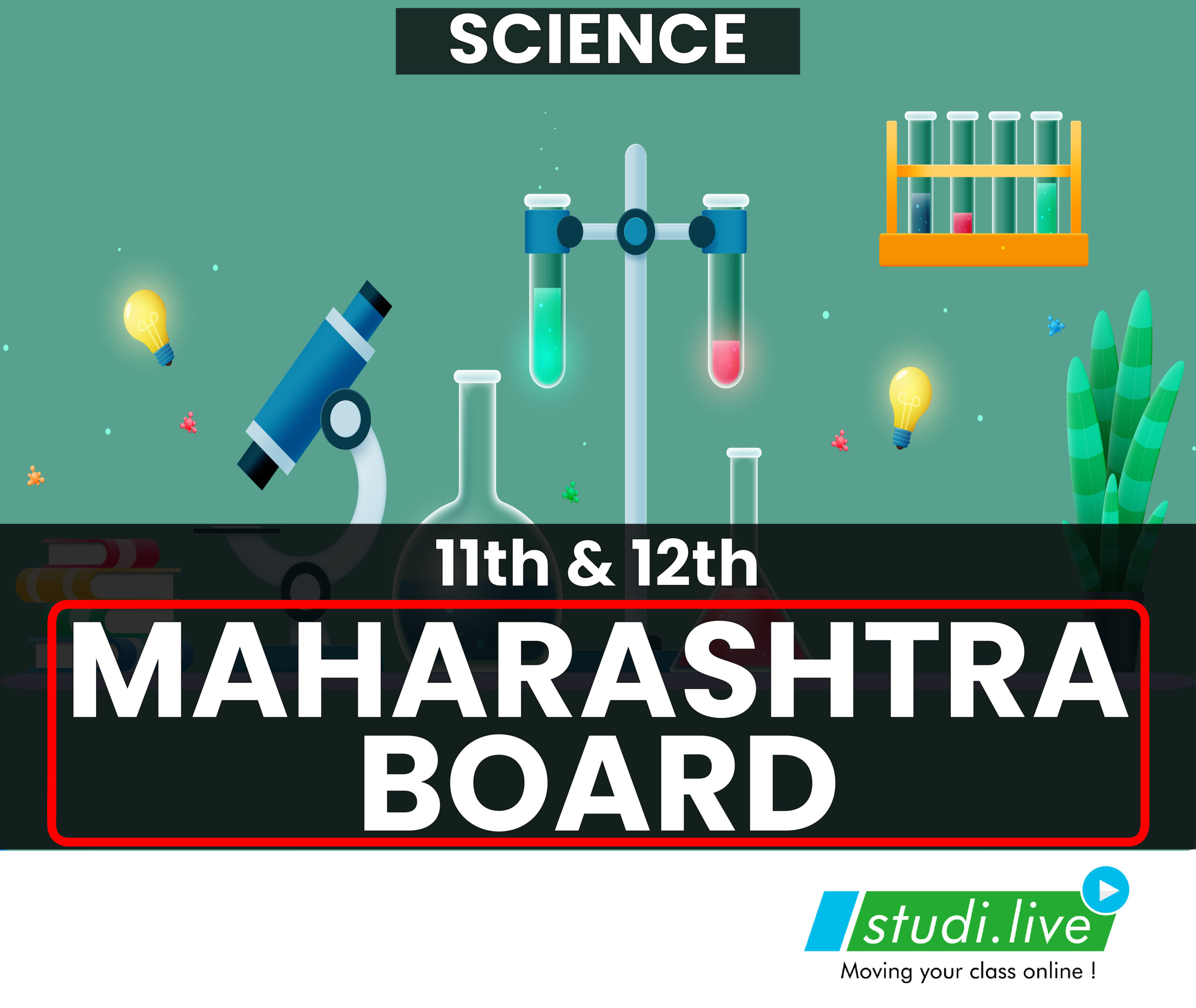Agricultural engineers are professionals who develop and design new procedures, tools and systems for agricultural development. They are required to go to the sites so that they can observe whether equipments are working properly. Agricultural engineers use new techniques on farms for getting better results. New forms of biofuels from non-food resources such as agricultural waste, manure and algae are developed by them. They make the best use of agricultural products. Bio-energy production, farm mechanization and water and soil conservation techniques are some of their work areas
Career opportunities in agricultural engineering:
-
Agricultural Consultant
-
Farm Manager
-
Floriculturist
-
Government sector jobs
-
Private sector jobs
-
Freelancers
How to pursue career in agricultural engineering?
-
Clear class 12th with PCB/PCM (mathematics is compulsory)
-
Pursue B-Tech engineering in agriculture (4 years)
-
Pursue M Tech in agricultural engineering (2 years)
-
Pursue PHD in agricultural engineering (2-3 years) / JOB
Some colleges have both mathematics and English as compulsory subjects in 12th
It is mandatory for student to complete 12th or any relevant exam with at least 50% of the marks. It should include English as a compulsory subject. Minimum age for admission in B Tech engineering in agriculture is 17 years.
Top agricultural engineering colleges in India are:
- IIT, Kharagpur
- Acharya NG Ranga Agricultural University, Hyderabad
- Anand Agricultural University
- Indira Gandhi Agricultural University
- Junagadh Agricultural University
- Maharana Pratap University of Agriculture and Technology
- Mahatma Phule Krishi Vidyapeeth, Pune
- Tamil Nadu Agricultural University
- Rajendra Agricultural University
- Govind Ballabh Pant University of Agriculture
- Punjab Agricultural University
- National Institute of Technology, Rourkela
Work description:
-
Use computer aided design technology to design agricultural & horticultural machinery components and equipments
-
Designing food-processing plant and supervise manufacturing operations
-
Test agricultural machinery and equipment to ensure that they are adequate in performance
-
Employ statistical methods
-
Employ theories to solve practical problems in agricultural field
-
Collaborate work with agriculture and food scientists
-
Provide consultancy & advise on topics such as water quality and issues related to managing pollution and protecting and using other water resources
Pros and Cons:
Pros
- Since the number of individuals pursuing this course is limited, with the right type of education and training, you can be in great demand in the job market.
- Professionals in the field of agriculture get to work in laboratories which might be an attractive work environment for some.
Cons
- The job of agricultural technologists involves field work, which can be difficult for many.
- The salaries are also average.







